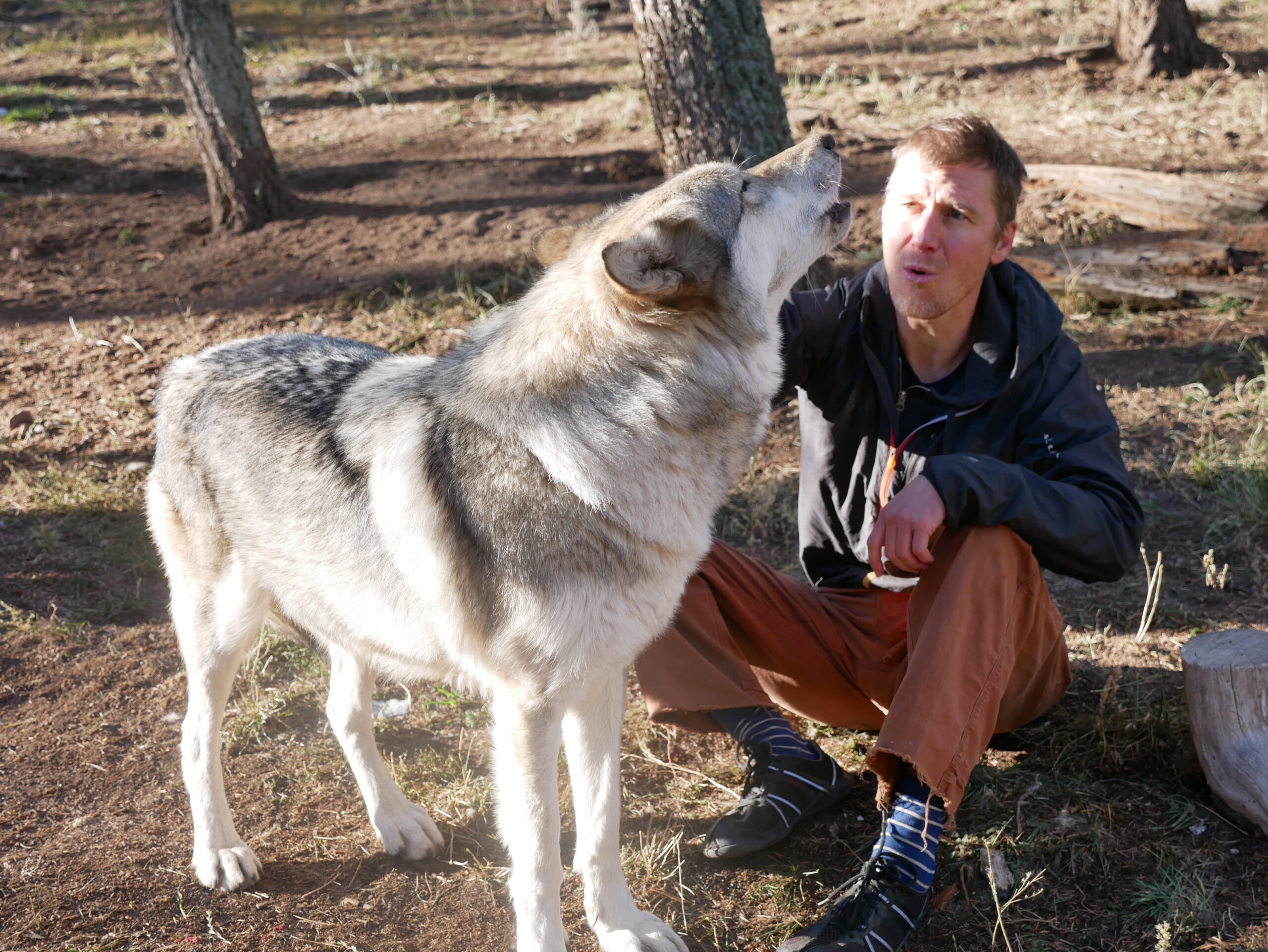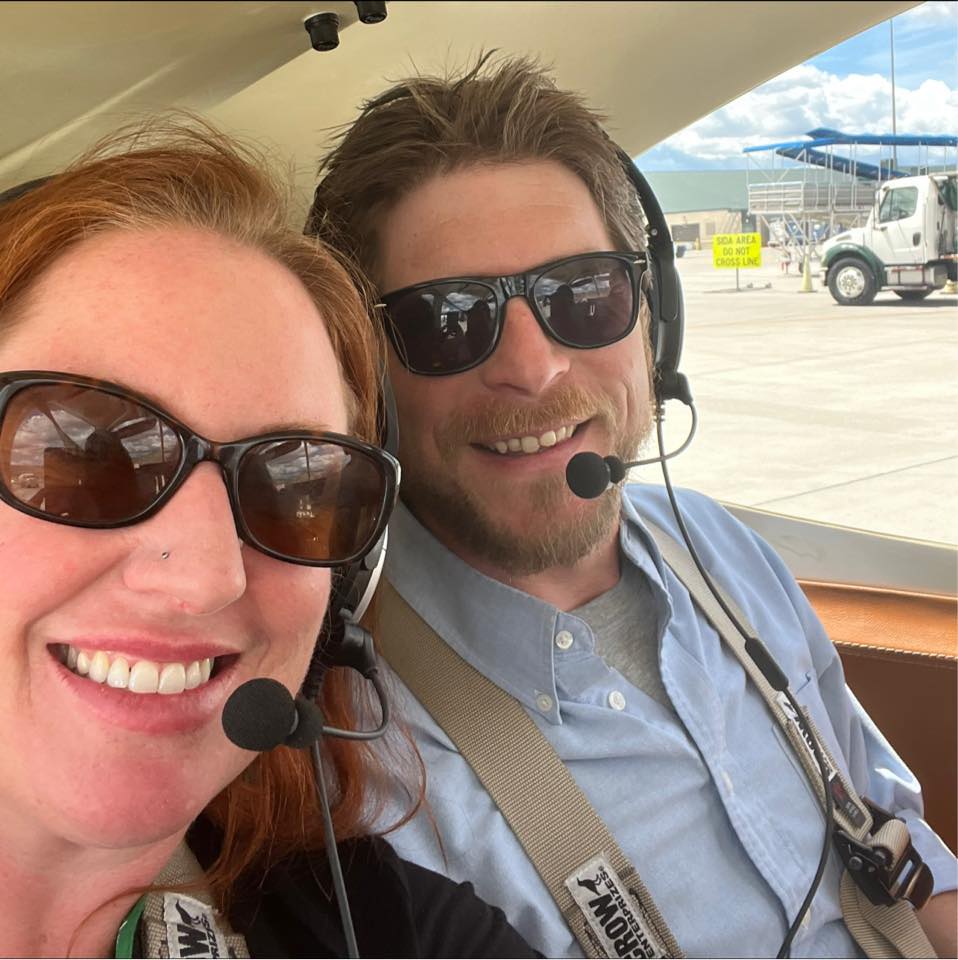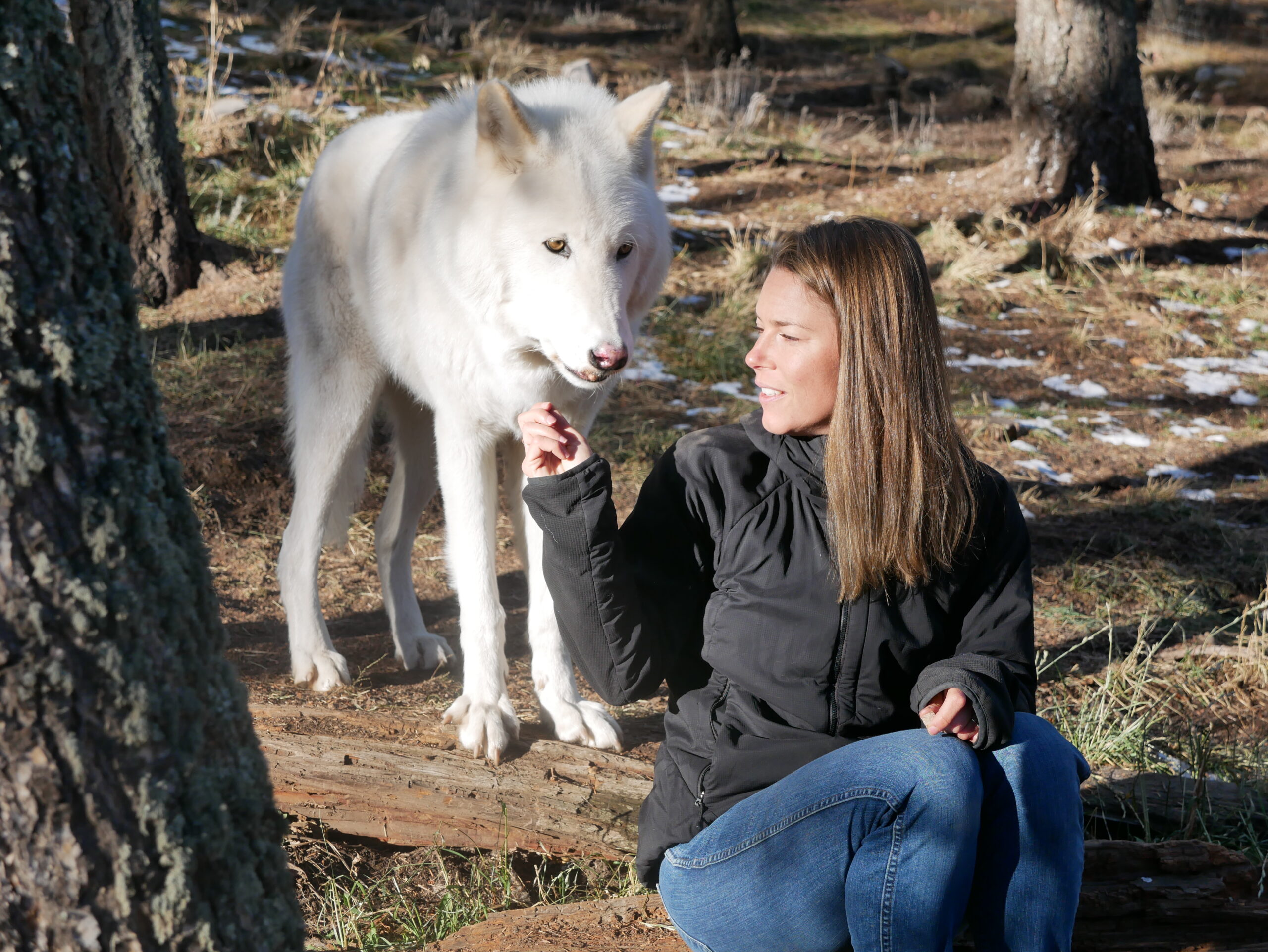About Us
Building a foundation
Established 2023
Founder
Dr. John Hughes, DO
Dr. Hughes descends from the Wolf Clan of the Eastern Band of the Cherokee Nation. In solidarity with his ancestors, Dr. Hughes regards wild and domesticated wolves (dogs) as sacred totems (kin) who have guided his unique path in the practice of medicine.
Read an excerpt of Fifth World Medicine
Fifth World Medicine, Book 1, p. 57-61
According to the ancestral chart of the family of my mother, one of my ancestors, Amatoya Moytoy, was supreme chief of the Wolf Clan of the Eastern Band Cherokee Nation during the mid-1600s. This powerful grandfather, among others, beckoned me to not buy into Anglo-European medicine or even that dominant culture’s way of life.
Indeed, the coyote and the wolf had their roles in steering me down this path toward a higher standard of medicine—what I might later call Fifth World medicine. One may note that until the early twentieth century, wolves ranged widespread across North America, including the Southeastern United States—the historical lands of my Cherokee ancestors. During that time, the predominant canid species in the Southeast was the red wolf, genetically a cousin of the gray wolf, which is still present in Canada, Alaska, Russia, and the Northwest United States, although in size and color, the red wolf resembles a coyote. Hence, the coyotes in Arizona who distracted me from my Western medical studies, reminded me, in a primal way, of the kin of my Cherokee ancestors, the red wolf.
Speaking of wolves as kinship creatures—or, later, as they became domesticated canids, as “man’s best friend”—is nothing entirely new to Anglo-Europeans. In my own childhood, I had a “super dog” named Smokey, an Australian blue heeler mixed with dingo, who played rough with me, and together we explored as much of the fields and forests around my home as possible. Smokey would fiercely protect us against anyone that came to the house; some UPS delivery men would not even step outside their trucks. Not only was Smokey a great protector, but he was also my best playmate. He and I would roll around in the yard wrestling or chase each other. One day when I was nine, he ran off with my kite, and I chased him with a small stick. When I caught up to him, I tapped him on the back with my stick, and he reflexively turned and nipped at me. His bite caught me in my right cheek. I put my hand to my face, and it was covered with blood. I started crying and went into the house, where my mom immediately called my dad at work, and we rushed to the hospital. Twenty stitches in my face later, I asked my parents what would happen to my super dog. They told me that he would be taken away. They did not tell me he would be taken away and euthanized. But I knew that Smokey was gone. I never saw him again, but Smokey left his mark on me, physically and spiritually. To this day, his wildness, loyalty, and love live on in my body and soul.
As much as I loved my super dog Smokey, I would dare say that this deep friendship and kinship barely scratched the surface of the kind of relationship my ancestors had with the wolf. That is, to ascribe a name of one’s tribe or core identity to the wolf, as my ancestors from the Wolf Clan of the Cherokee Nation did, implies an even deeper kind of relationship than just a respectful friendship with domestic or wild canids. In Wolf Nation, Brenda Petersen writes,
“Many Indigenous peoples—from the Hopi and Navajos of the South to the Southern Cherokee and Seminole, the Northeastern Penobscot and Algonquian to the Midwestern Chippewa tribes—believed the wolf was a spiritual guide and ally.”
The tribes’ designation of wolves as spiritual guides and allies resonated much more with how I was thinking of the wolf and coyote than perhaps most of my Western medical peers or culture. In general, most Western Americans simply do not think of wolves as brothers and sisters (totems) in their physical and spiritual nature. Even fewer people think about how wolves might teach us or even how we might take care of these wolves. But in my confusion about how to practice an authentic and higher standard of medicine, I hungered to learn from the wolf, while in northern Saskatchewan, with her spiritual and physical presence so close to me….
Fred Woodruff, from the Quileute Reservation near La Push, Washington, states, “We learned from the wolf how to survive and how to be mere human: how to honor our elders, to protect and provide for our families—and we learned from the wolves the loyalty you need to really belong to a tribe.”…How most early Anglo-European settlers related to the wolf was, and in many respects still is, quite different from how many of these Indigenous peoples, including my Cherokee ancestors relate to the wolf.
Early Anglo-European settlers did not hold the same respect for the wisdom, relationship, or life of these wild canids, but many prided themselves, and still do, on their abilities to hunt wolves under the badge of protecting families, livestock, or land. It is noted that livestock protection forms a large part of the rationale for allowing wolf hunts (a.k.a. wolf “management”) in Minnesota, Michigan, Idaho, Montana, Wyoming, and Western Canada, despite these sacred animals having been on the endangered species list for most of the past fifty years. In truth, wolves kill very few livestock in comparison to the numbers that exist. In the documentary film Medicine of the Wolf, it is cited that in a recent year, 165 thousand cattle existed in Minnesota. Of these cattle, verified wolf kills amounted to 82 cows. Even if the numbers of verified kills are only half of the actual toll, wolf kills amount to one tenth of one percent of the total number of cattle in Minnesota. If we can afford to feed our domestic canids, our dogs, cannot we at least offer a few livestock from our abundance to care for our brother and teacher, the wolf?
Unfortunately, in the eyes of many Westerners, the Anglo-European settlers and many today, wolves are savage, bloodthirsty beasts closer in likeness to evil demons or dragons than respected teachers and spiritual guides. These Westerners fear the darkness and death wolves bring and cheer on the knightly heroes (hunters) who valiantly root out these beasts along with any of their kin, such as the Indigenous peoples who were also hunted and removed from their territories like savages.
Thankfully, in the history of American civilization, a few Anglo European peoples woke up and began to see the world more clearly through the eyes of a wolf. one of these former wolf killers, Ernest Thompson Seton, later a founder of the Boy Scouts of America, authored a book, Wild Animals I Have Known, in 1898, in which he writes about the wolf, “… a moral as old as Scripture—we and the beast are kin.” Another early Anglo-European settler, Aldo Leopold, regarded now as the father of wildlife conservation, was a former wolf hunter who killed a mother wolf and caught a “fierce green fire dying in her eyes.” He claimed that upon looking into her eyes, he was changed forever. Leopold gets credit for later saying, “To look into the eyes of a wolf is to see your own soul—hope you like what you see.”
Co-Founder
Heather Conrow
Heather’s passion for canids brought her to Colorado to ensure a healthier life for her and her canine companions. This love has propelled her to establish Aspen Dog Nanny, a reputable custom canine care company located in Old Snowmass, Colorado. Heather has dedicated her life to caring for dogs (domestic wolves) and strives to expand this care their wild cousins in Colorado and beyond.
Communications Manager
Keven Boyd
Creative Director
Megan Hughes
Megan, an Earth momma at heart and aspiring homesteader, embraces the sacred connection between land and nourishment. Her dreams of raising chickens and expanding her vegetable gardens is drivien by a passion for a sustainable lifestyle and fostering a harmonious coexistence with the Earth and its creatures through the Sacred Wolf Foundation.




